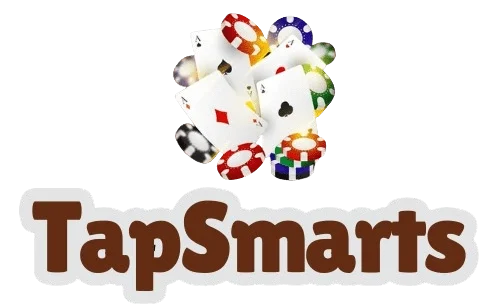While eSports today spans global arenas and multimillion-dollar tournaments, its roots were far more grassroots. Over the years, many murahslot of the best games have come not just from technical polish, but from how well they adapt to competitive ecosystems. Sony platforms, particularly through a steady stream of accessible yet deep titles, have been instrumental in fostering competitive communities. Though PlayStation games are often celebrated for their narrative depth, they’ve also been central to the rise of console-based competitive gaming. And yes, even PSP games saw early experimentation with head-to-head formats that fueled rivalry and skill development.
In titles like Gran Turismo, Street Fighter V, and Call of Duty, PlayStation players found robust, balanced systems for testing their reflexes, strategy, and game sense. These PlayStation games didn’t just provide matchmaking—they offered ranked ladders, tournament modes, and skill tiers that appealed to casuals and pros alike. Local tournaments bloomed into regional events, which in turn became parts of global circuits. Sony’s online infrastructure evolved in tandem, supporting everything from spectator modes to prize-based ladders.
The PSP, while often thought of as a solo experience, had its own eSports DNA. Titles like Tekken: Dark Resurrection and Wipeout Pure allowed competitive head-to-head play via ad-hoc connections. Multiplayer racing, dueling, and arena battles were a big part of the handheld’s success in regions like Japan, where players gathered in cafés or schoolyards to compete. These PSP games might not have been formally recognized as eSports, but they cultivated the same spirit: mastery through repeated practice, fast decision-making, and competitive pride.
Sony also leaned into structured competitions with the launch of initiatives like the PlayStation Tournaments platform, which formalized entry points into competitive play. Regular online brackets, leaderboards, and themed events made it easier than ever for players of all skill levels to step into organized matches. This democratization of eSports helped expand its appeal beyond elite streamers or professionals, turning it into a communal, accessible experience.
Through both mainstream titles and lesser-known gems, Sony has laid significant groundwork for competitive gaming as a cultural force. Whether on PlayStation or PSP, the thrill of going head-to-head remains one of gaming’s most enduring joys—and a key reason why these platforms continue to produce some of the best games for competitive spirits around the world.
